What is TMG supplement? Supplements are essential for addressing nutritional gaps and improving overall health and well-being. While vitamins and minerals are widely known, other lesser-known supplements are gaining popularity due to their specific health benefits. An example of such a supplement is TMG, which stands for Trimethylglycine. Though it might not be a household name yet, TMG is gradually becoming a vital supplement for various health purposes.
What is TMG supplement? TMG is a naturally occurring compound found in plants and animals, and it plays an essential role in numerous bodily functions, particularly in methylation processes. Its benefits encompass supporting heart and liver health, as well as fostering cellular repair and enhancing brain function. This comprehensive guide explores what TMG is, its health benefits, how it works, recommended dosages, and potential side effects. By the end of this article, you’ll have an in-depth understanding of TMG and how it can contribute to better health.
What is TMG Supplement?
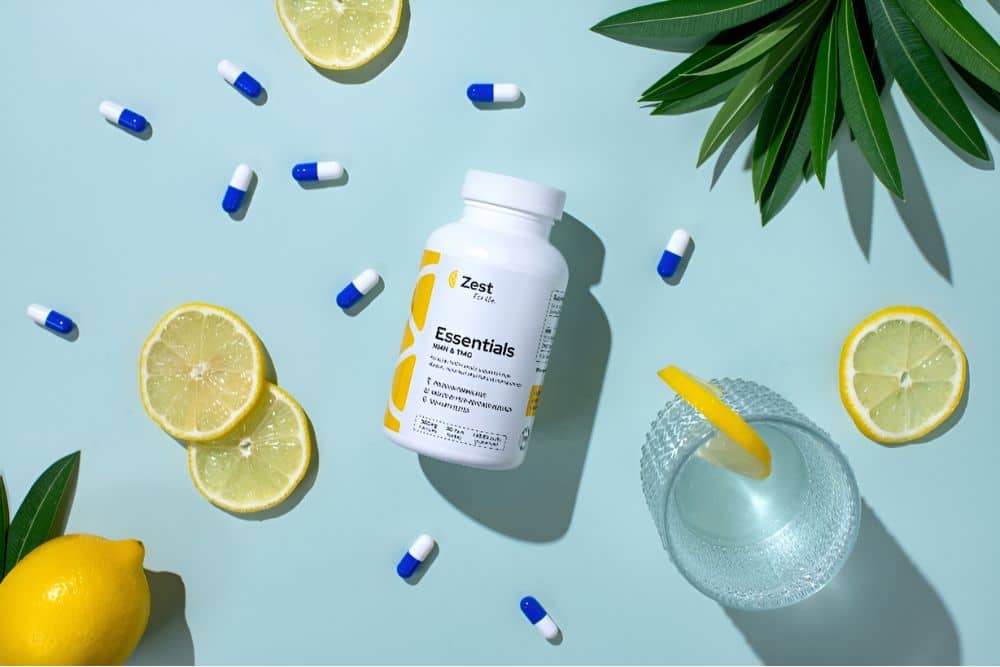
Trimethylglycine (TMG), commonly referred to as betaine, is a compound sourced from the amino acid glycine. The term “trimethylglycine” comes from its chemical structure, which includes three methyl groups attached to a glycine molecule. What is TMG supplement? TMG is naturally present in foods such as beets and spinach, and the body is capable of synthesizing it as well.
Why is TMG Important?
Methylation is a biochemical process in which a methyl group, consisting of a carbon atom bonded to three hydrogen atoms, is attached to a different molecule. This process is essential for a range of physiological functions, such as:
- DNA synthesis and repair
- Liver detoxification
- Neurotransmitter production
- Cardiovascular health
Without sufficient methylation, several bodily functions can become impaired, potentially leading to various health issues. What is TMG supplement? TMG steps in, providing critical methyl groups to keep these processes running smoothly.
Health Benefits of TMG Supplement
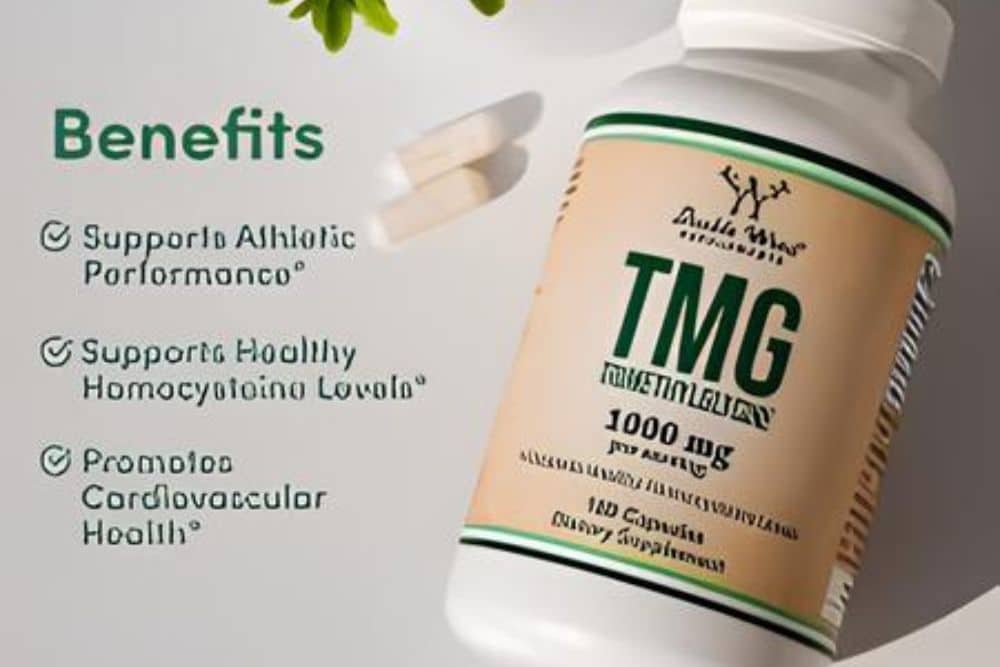
What is TMG supplement? TMG offers many health benefits because it supports methylation and homocysteine regulation. Let’s explore some of the most significant health benefits associated with TMG supplementation:
- Cardiovascular Health
A key benefit of TMG is its role in promoting cardiovascular health. High levels of homocysteine, an amino acid found in the blood, have been linked to an increased risk of heart disease. TMG helps convert homocysteine into methionine, a process that lowers homocysteine levels and reduces the risk of cardiovascular issues.
- Lowering Homocysteine Levels: Elevated homocysteine levels are associated with arterial damage and an increased risk of heart attacks and strokes. Studies have shown that TMG can effectively reduce homocysteine levels, promote heart health, and reduce the risk of cardiovascular diseases.
- Improving Blood Flow: TMG helps improve blood flow and overall vascular health by reducing inflammation and homocysteine-related damage.
- Liver Health and Detoxification
TMG has hepatoprotective properties, meaning it helps protect the liver. The liver is one of the primary organs responsible for detoxification, and TMG supports this crucial function through its role in methylation.
- Fatty Liver Disease: Non-alcoholic fatty liver disease (NAFLD) is becoming an increasing issue globally. TMG is often used to reduce fat accumulation in the liver by improving lipid metabolism and aiding detoxification processes.
- Supporting Liver Detoxification: TMG helps the liver break down and eliminate toxins more efficiently by converting harmful substances into water-soluble forms for easier excretion.
- Cognitive Health and Neurotransmitter Support
TMG’s role in methylation also supports cognitive function and mental health. Methylation is crucial for producing neurotransmitters like serotonin, dopamine, and norepinephrine, which regulate mood, motivation, and cognitive abilities.
- Mood Regulation: Insufficient methylation has been linked to depression and other mood disorders. By enhancing methylation, TMG helps maintain the balance of mood-regulating neurotransmitters.
- Protecting Brain Cells: TMG has been studied for its neuroprotective properties, particularly its ability to reduce oxidative stress and inflammation in brain cells. This protective effect can potentially reduce the risk of neurodegenerative diseases.
- Athletic Performance and Muscle Strength
TMG is gaining popularity among athletes and bodybuilders due to its potential to improve physical performance and muscle strength.
- Improving Hydration: TMG acts as an osmolyte, a compound that helps cells maintain proper hydration levels. This function can improve muscle endurance and reduce the risk of dehydration during intense exercise.
- Increasing Muscle Power: Some studies suggest that TMG supplementation can enhance muscle power and endurance, possibly due to its role in improving cellular energy production and reducing muscle fatigue.
- DNA and Cellular Repair
As a methyl donor, TMG contributes to DNA synthesis and repair. This is crucial for overall cellular health and can reduce the risk of cancer and other genetic diseases.
- Supporting DNA Methylation: DNA methylation is essential for regulating gene expression, and TMG’s role in donating methyl groups helps maintain this vital process.
- Reducing Genetic Mutations: Proper methylation supported by TMG can reduce the risk of genetic mutations and abnormalities, contributing to overall cellular health.
- Sources of TMG
While the body can synthesize TMG, it is also available through dietary sources and supplements. Foods rich in TMG include:
- Beets: One of the highest natural sources of TMG
- Spinach and other leafy greens
- Whole grains like quinoa and bulgur
- Shellfish
However, supplements are often a convenient and effective option for individuals looking to maximize their intake of TMG for specific health benefits.
- TMG Supplements
What is TMG supplement? TMG supplements are typically offered in either powder or capsule form. They are typically marketed as “betaine anhydrous,” the most bioavailable form. Supplements usually range from 500 to 2,000 mg per serving, depending on the desired health benefits and individual needs.
- Dosage Recommendations for TMG
The ideal dosage of TMG can vary based on individual health goals and the condition being addressed. Here are some general dosage guidelines based on research:
- For Cardiovascular Health, 500 mg to 1,000 mg per day is typically recommended to lower homocysteine levels.
- For Liver Support: Doses between 500 mg and 2,000 mg daily have been shown to support liver health and reduce fat accumulation.
- For Athletic Performance: 1,500 mg to 3,000 mg taken before workouts is often suggested to improve performance and muscle strength.What is TMG supplement?
However, it’s crucial to consult with a healthcare provider before starting any new supplement, especially if you have pre-existing health conditions or are taking medication.
- Potential Side Effects of TMG
What is TMG supplement? While TMG is generally considered safe when taken within recommended dosages, there are some potential side effects to be aware of:
- Gastrointestinal Issues: High doses of TMG can cause digestive discomfort, including nausea, diarrhea, or bloating.
- Increased Cholesterol Levels: Some studies suggest that TMG supplementation may increase total cholesterol levels in specific individuals. It’s essential to monitor cholesterol levels if you’re supplementing with TMG regularly.
- Allergic Reactions: Though rare, some people may experience an allergic reaction to TMG, leading to symptoms like itching, swelling, or difficulty breathing. If you notice these symptoms, stop using the product and consult a healthcare professional.
Who Should Consider TMG Supplementation?
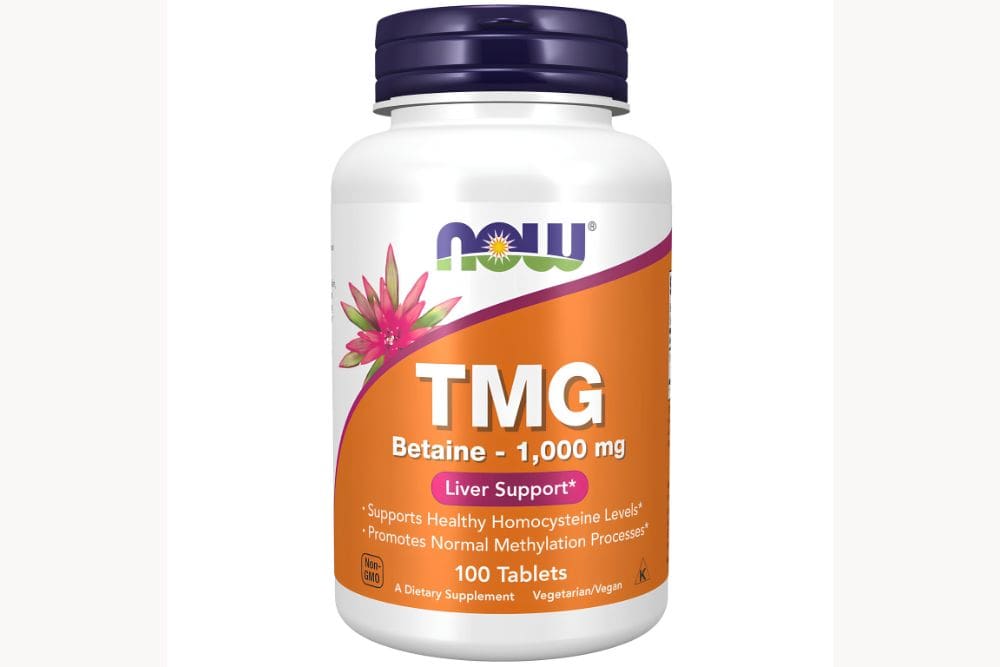
TMG supplementation is generally recommended for individuals with specific health concerns or those looking to enhance their overall wellness. What is TMG supplement? Here are some groups who may benefit from TMG:
- Individuals with high homocysteine levels: TMG is particularly effective in lowering homocysteine, making it ideal for those at risk of cardiovascular issues.
- People with liver conditions: TMG supports liver function and can help reduce fat accumulation in the liver, which is especially beneficial for those with NAFLD.
- Athletes and bodybuilders: TMG’s role in hydration and muscle power makes it a popular choice among those looking to enhance athletic performance.
- Individuals seeking cognitive support: TMG’s role in neurotransmitter production and brain health can benefit those experiencing mood disorders or cognitive decline.
TMG and Methylation: The Science Behind It
The methylation process is critical in various biochemical functions, from DNA synthesis to neurotransmitter production. What is TMG supplement? Here’s a brief overview of how TMG supports methylation:
- Homocysteine Regulation: What is TMG supplement? TMG provides a methyl group to homocysteine, transforming it into methionine. This conversion reduces homocysteine levels, which is crucial for cardiovascular health.
- DNA Synthesis and Repair: By supporting methylation, TMG contributes to the maintenance and repair of DNA, which is essential for cellular health and longevity.
- Neurotransmitter Production: Methylation is necessary for the synthesis of key neurotransmitters, and TMG’s role as a methyl donor helps maintain healthy levels of serotonin, dopamine, and norepinephrine.
Conclusion
What is TMG supplement? TMG, or Trimethylglycine, is a powerful supplement with many health benefits. TMG’s versatility makes it a valuable addition to a well-rounded wellness routine, from supporting cardiovascular and liver health to enhancing cognitive function and athletic performance. Its primary function as a methyl donor is critical in maintaining essential bodily processes like DNA repair, detoxification, and neurotransmitter production.
While TMG can be obtained from dietary sources like beets, leafy greens, and whole grains, supplementing with TMG can provide targeted support for specific health goals.What is TMG supplement? However, like any supplement, it’s essential to consider potential side effects and consult a healthcare professional before starting TMG supplementation.
As more research continues to unveil the benefits of TMG, it will likely become a staple in the world of health and wellness. Whether you are looking to improve your heart health, support liver function, or boost your cognitive abilities, TMG offers a promising pathway to achieving better health.
What is TMG supplement? By understanding TMG, how it works, and its benefits, you can make an informed decision about whether this supplement is right for you. A holistic approach that combines a balanced diet, regular exercise, and proper supplementation will lead to the best results for overall well-being.
FAQ:
Q: What does the TMG do?
Ans: Betaine also called betaine anhydrous, or trimethylglycine (TMG) — is a substance that’s made in the body. It’s involved in liver function, cellular reproduction, and helping make carnitine. It also helps the body metabolize an amino acid called homocysteine.
Q: What are the benefits of taking TMG?
Ans: This compound has been studied for its wide range of potential benefits for health and longevity. Studies show that TMG may improve cardiovascular health, enhance athletic performance and recovery, protect against conditions like depression, and promote optimal insulin function and blood glucose control.
Q: Does TMG affect sleep?
Ans: Some studies indicate that low levels of TMG might be linked to poor sleep quality. However, more research is needed to fully understand how TMG supplements impact sleep.
Q: What vitamin is TMG?
Ans: Trimethylglycine (TMG) is an amino acid that protects the cardiovascular system bysupporting healthy levels of the amino acid metabolite homocysteineand delivering valuable nutritional support for healthy liver function.
Q: Is TMG safe to use?
Ans: Due to limited safety research, TMG is not recommended for children, pregnant women, or those nursing. Another point to consider is that high doses of TMG could occasionally lead to increased heart rate or restlessness in sensitive individuals, although this is rare





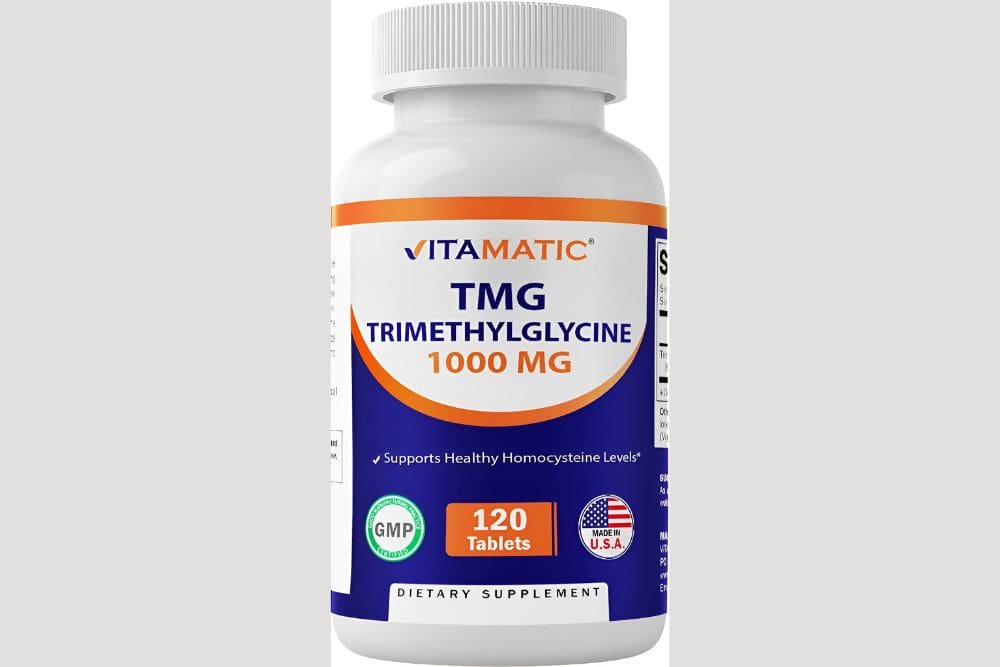


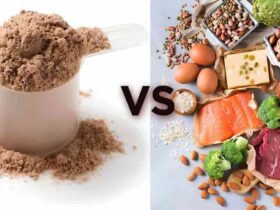


Leave a Reply